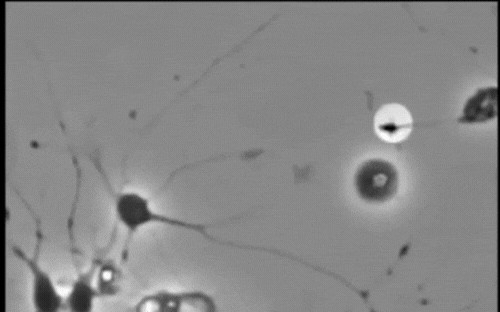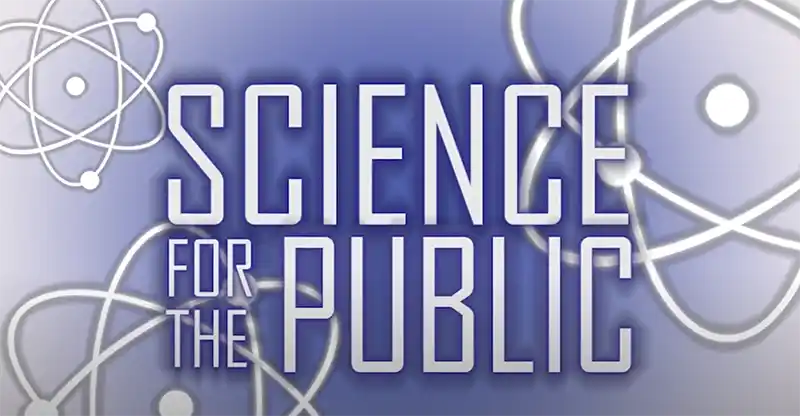
Sep 7, 2024 | Desserts, Diet Tips, Exercise, Fiber, In the Media, Legumes, Nutrition, Protein, Science, Snacking, Weight Loss
Summary: Want to Lose Weight? What You Need to Know about Eating and Exercise Dr. Roberts wrote a feature article for the magazine Scientific American that discusses key learnings from her research. We know you’re busy (and the article is subscriber-only) so here are...

Aug 18, 2024 | Diet Tips, Fiber, GLP-1, insoluble fiber, Medications, Nutrition, Protein, Public Health, Science, Semaglutide, Weight Loss
Weight Loss Without Ozempic: Effective Strategies for Achieving Your Goals Unless you’ve just returned from Mars, you likely know that Ozempic has gained massive attention as a weight loss aid for its ability to regulate blood sugar levels, curb appetite, and produce...

Jun 9, 2024 | Carbs, Diet Tips, Fiber, insoluble fiber, Legumes, Nutrition, Protein, Research, Science, Weight Loss
Harnessing the Power of Fiber and Protein for Effective Weight Loss In your search for effective weight management, dietary fiber and protein are a dynamic duo of nutrients. Together, they not only aid in digestion and muscle maintenance but also play a crucial role...

May 1, 2024 | Diabetes, Diet Tips, GLP-1, Medications, Research, Science, Semaglutide, Weight Loss
Understanding the new landscape of unregulated Semaglutide Comparing Ozempic, Wegovy, and Compounded Alternatives Have you recently scrolled through TikTok or Facebook and noticed influencers or ads promoting easy access to surprisingly low-cost semaglutide, without...

Feb 4, 2024 | Cardiovascular Health, Diet Tips, Nutrition, Research, Science, Weight Loss
Nourishing the Brain and Body Video clip of neurons connecting — courtesy Dr. Caroline Leaf, a cognitive neurologist. The Science of Eating for Cognitive Health This is an age of articles about optimizing everything. And while optimizing your calendar or your cable...

Nov 2, 2023 | Diet Tips, In the Media, Public Health, Research, Science, Video, Weight Loss
Dr Roberts was a guest on “Science for the Public” with Yvonne Stapp. Here is the full interview, as well as a summary of what they discussed. Main Topics Discussed: The discussion provides an understanding of metabolism, obesity, and diet. It emphasizes...








 Yes! I want to receive a 38-page cookbook, and be informed of upcoming classes. No obligation, instant download.
Yes! I want to receive a 38-page cookbook, and be informed of upcoming classes. No obligation, instant download. 